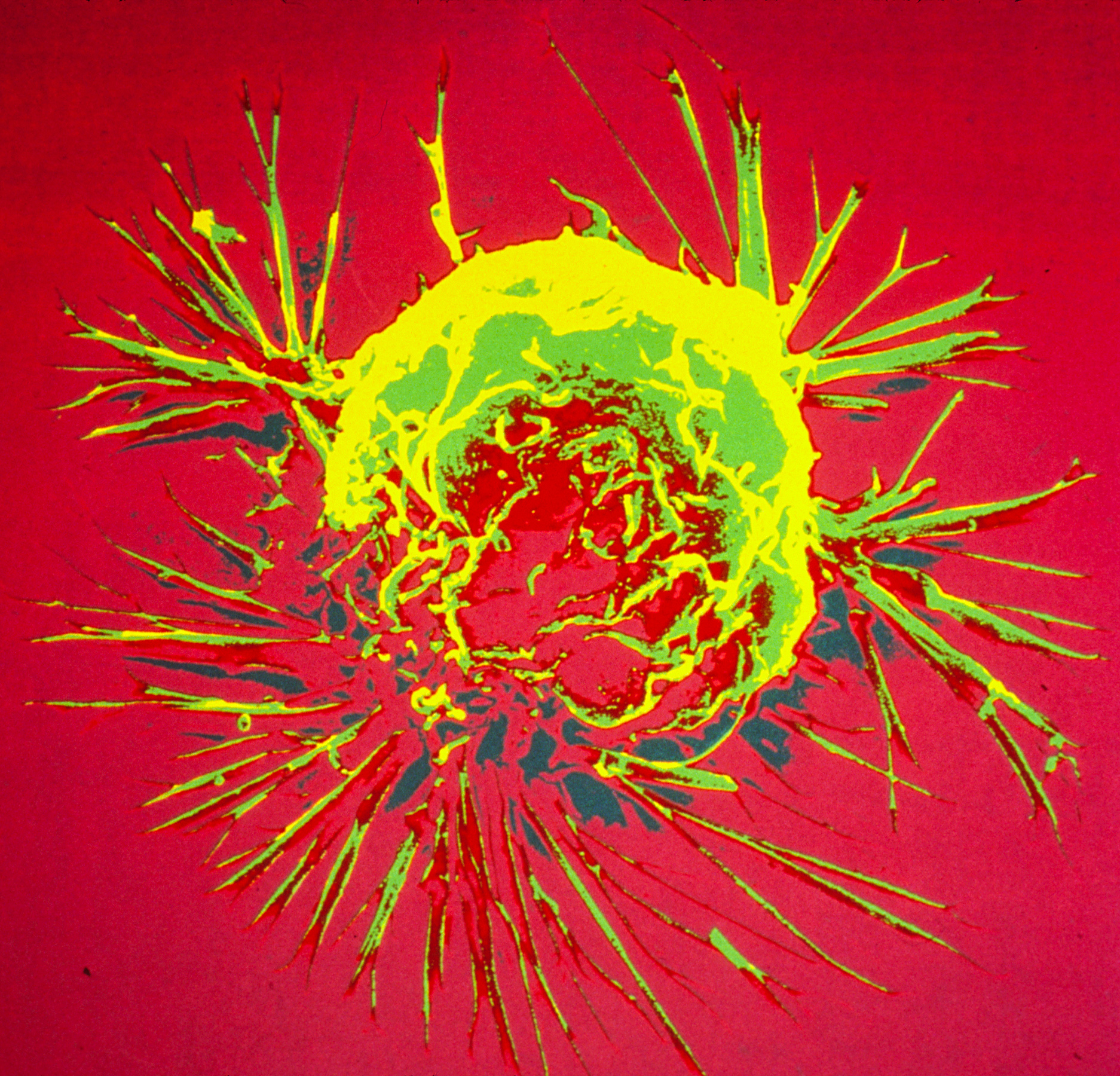Combining two measures of breast cancer’s response to treatment provides a better prediction of long-term outcome following chemotherapy than existing assessments, a new study reports.
Researchers assessed a new score, called residual proliferative cancer burden, formed by bringing together post-treatment Ki67 – a marker of cell proliferation – and an assessment of residual disease following neoadjuvant chemotherapy.
They were able to predict how breast cancer patients would respond to therapy with higher precision than using the two indicators separately.
Researchers at The Institute of Cancer Research, London, and The Royal Marsden NHS Foundation Trust analysed a total of 220 patients treated with neoadjuvant chemotherapy for primary breast cancer. The study was funded by the NHS.
A current method for predicting the overall survival after treatment, called RCB (residual cancer burden) is usually reliable but isn’t perfect.
Professor Mitch Dowsett, Head of the Academic Department of Biochemistry and Head of the Centre for Molecular Pathology at The Royal Marsden and Professor of Endocrinology at the ICR, and Dr Amna Sheri of The Royal Marsden, are authors of the study published on the journal Annuals of Oncology. They decided to factor Ki67 into the usual analysis.
Professor Dowsett said: “Residual cancer burden is a good and longstanding predictor, but, it’s not perfect and its predictive power varies according to breast cancer subtype. One of our goals was to refine this prediction system including additional markers for cell proliferation, in order to collect more accurate information.”The new prognostic score improved the prediction of long-term outcome for patients who have received neoadjuvant chemotherapy.
“We expect this to be important clinically because it gives more accurate prognostic information and potentially identifies women at high risk who could in the future benefit from additional treatments to reduce their risk or relapse,” said Professor Dowsett.
Using the improved system could allow doctors to assess prognosis more effectively in women with breast cancer. Information on prognosis can be used to direct patients who have received chemotherapy towards the most appropriate treatment options for them.
References
Sheri A. et al,(2014), Residual proliferative cancer burden to predict long-term outcome following neoadjuvant chemotherapy, Annals of Oncology, 26, 1, 75-80, doi: 10.1093/annonc/mdu508
